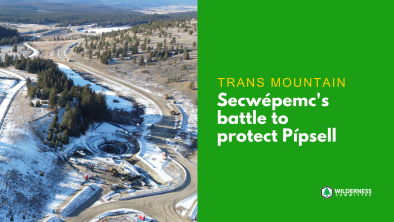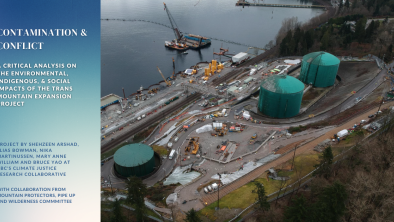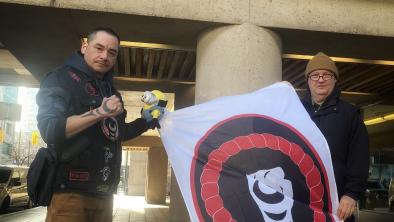BC seeks intervenor status in legal challenges to Trans Mountain Pipeline
Express Newsline

Photo: Express Newsline
Greenpeace, the Wilderness Committee and the West Coast Environmental Law Association issued statements Thursday welcoming the NDP government's move to use legal means to review the pipeline project.
He said they were thrilled to see Thomas Berger as part of the legal team, adding he played a key role in the fight against the Mackenzie-Valley Pipeline.
"I think there's a misconception that consultation and accommodation are a tool to get agreement", he said, adding that 41 First Nations support the project and getting 100 per cent indigenous buy-in would be impossible. "He is an expert in this area of law, recognized internationally for his work". We think is presence on this file will signal a few things.
A statement from the federal natural resources minister said its Indigenous advisory and monitoring committee will monitor the expansion project, the existing pipeline, and related marine shipping.
Pipe is stacked for the construction of a section of a Kinder Morgan pipeline near Laramie, Wyo.
The first is a judicial review of the National Energy Board's recommendation to go ahead with the project.
In any event, the courts were already going to hear the case this fall. The province is the respondent in that case. This would allow the province to take an active role at the hearings to represent the interests of BC.
Provided the federal court grants the government intervener status, the government plans to argue that consultations with First Nations have not been adequate.
That leaves the new BC government in a hard position, but Eby said he is confident that hiring Berger sends the right message.
"Until these consultations are completed in a way that meets B.C.'s legal obligations, work on this project can not proceed", Environment Minister George Heyman said. In particular, that duty must be fulfilled as consultation relates to environmental assessment certificate (EAC) requirements. "There are eight, only three have been accepted to date", he said. Since then he has done a lot of work with First Nations.
These plans concern grizzly bears, vegetation and weed management, archaeology, the cold water aquifer, and workforce accommodation impacts, said Heyman.
"Until that has been completed, Kinder Morgan, with the exception of some private land and some clearing of right-of-way, can not put shovels in the ground", Heyman told a press conference in Vancouver.
"They need to have those work plans accepted..." There have been warnings that Canada's oil sands production will soon outgrow its pipeline capacity, causing more oil will have to be transported by rail-a riskier way of transportation than pipelines.
"We're beyond relieved that Kinder Morgan won't be able to put shovels in the ground next month", said Peter McCartney of the Wilderness Committee.
Bridget DePape is taken into custody on Burnaby Mountain in November 2014 during a demonstration to protest the planned Trans Mountain pipeline expansion.
Justin Trudeau ended up approving the pipeline expansion in November past year, saying that decision was "based on rigorous debate, science and evidence".
It helps that new BC Liberal MLA and former Chief of the Haisla First Nation, Ellis Ross, has called out the NDP for using First Nations as tools to oppose the project.
Most significantly, Eby said the government will adopt the principles of the UN Declaration on the Rights of Indigenous People as it moves ahead.


